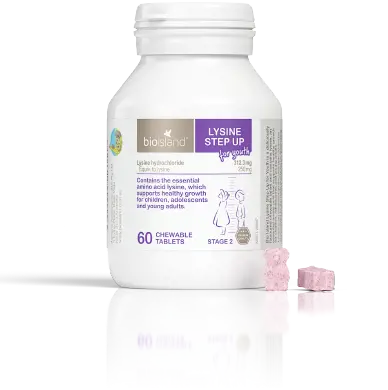
At what point are you contagious with a cold and how can you avoid spreading it?
On average we can experience 2 -4 colds per year, with symptoms such as a runny or blocked nose, sore throat, coughing and sneezing.
Healthy Living
By Bio Island Nutrition Team
Colds are extremely common which is why they are known as the common cold. On average we can experience 2 -4 colds per year, with symptoms such as a runny or blocked nose, sore throat, coughing and sneezing. Luckily, they don’t usually last much longer then 3 – 7 days depending on the severity.
There are different theories on when a cold start to become contagious. Some stating that it depends on the colour of your nasal mucous (snot/boogers), some saying that it starts 3 days in from when your symptom starts. However, the cold can be contagious from a few days before your symptoms even start to show. This could be up to a two-week window where you are contagious! Not only that, the that bad bacteria you spread can live on surfaces such as countertops, doorknobs and phone for up to 24 hours. Which is why it is extremely important to implement ways to avoid spreading disease.
So how is it spread?
- By coughs or sneezes, otherwise known as airborne respirator droplets
- By skin to skin contact, can be handshakes or hugs
- By salvia, via kissing or shared drinks
- Or by touching contaminated surfaces.
A few environmental factors also contribute to your susceptibility of catching a cold. We can see this during winter as people are more likely to get a cold during this season, as the colder months bring peoples living conditions closer together, as well as closed windows with a lack of fresh air can also contribute to the problem. Fatigue, poor health, indoor air pollutants and stress also increases our susceptibility.
So how can we reduce the spread?
- Making sure you cover your coughs and sneezes, coughing or sneezing into a tissue or your elbow, completely covering your mouth and nose.
- Personal hygiene, making sure you wash your hands regularly with warm soapy water, for about 20 seconds to ensure they are clean.
- Take a day off work to let yourself recover and minimise the spread to other co-workers.
- Always keep hand sanitiser with you.
- Make sure you throw your dirty tissues in the bin with a lid and not on surfaces.
- Clean glasses, cutlery and other kitchen utensil and bottles with boiling hot water and soap this will kill off the bad bacteria and minimise spread with in the household.
- Avoid close contact with others such as kissing, hugging or shaking hands.
- Disinfect frequently touched surfaces and objects.
- Avoid touching your face.
This information does not take into account your personal situation and is general in nature. You should consider whether the information is appropriate for your needs and seek professional medical advice.
Always consult your healthcare professional before taking any supplements or if any concerns arise.






